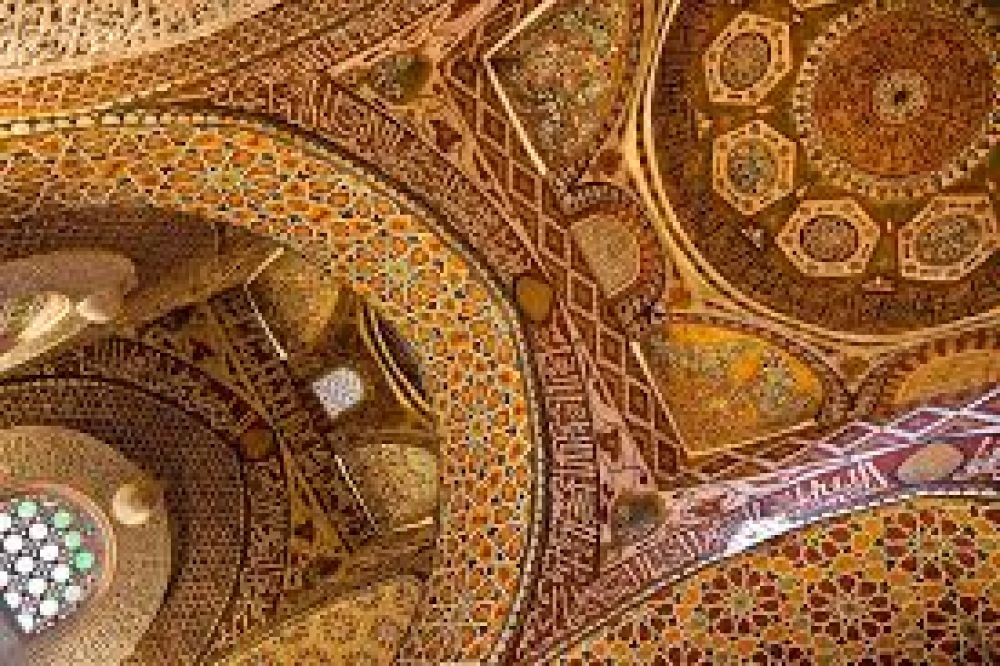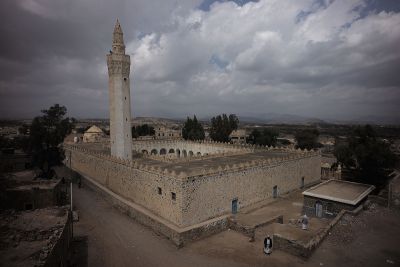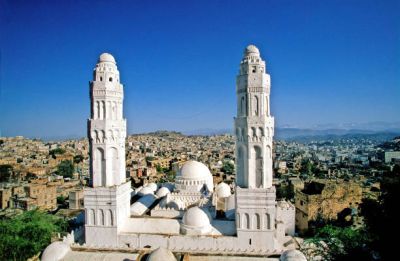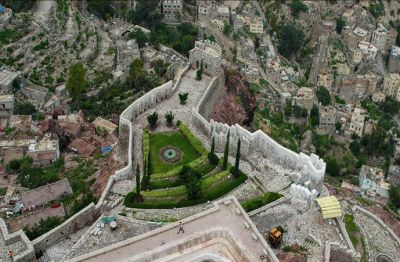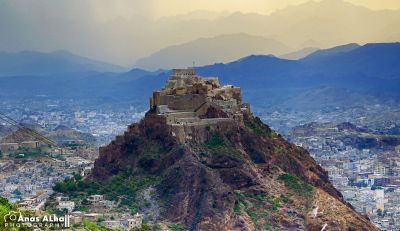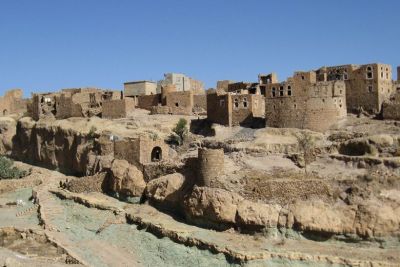The Ashrafiya Mosque: An Overview
The Ashrafiya Mosque, located in Taiz, Yemen, is one of the most important historical landmarks in the region, renowned for its architectural beauty and religious significance. Constructed during the rule of the Rasulid Sultan Ashraf Isma'il ibn Abbas, the mosque is a testament to Yemen's rich cultural and Islamic heritage that dates back to the 13th century.
A Glimpse into the Past: History of Tourism
Yemen, including the city of Taiz, has long been on the radar of history buffs, cultural enthusiasts, and curious travelers. The Ashrafiya Mosque, in particular, has captivated visitors with its intricate designs and spiritual ambiance. Tourism in this region has fluctuated significantly due to various factors, including the country's complex political and social landscape.
Despite periods of instability, the Ashrafiya Mosque has remained a potent symbol of Yemen's Islamic era, drawing both the faithful and students of history alike. Interest in Yemeni culture and Islamic architecture contributes to tourism, and sites like the Ashrafiya Mosque have been part of tour itineraries when the situation has allowed.
Preservation Efforts and Restrictions
Ongoing conflicts and certain restrictions have posed challenges to Yemen's tourism industry, affecting historical sites such as the Ashrafiya Mosque. Efforts to preserve this historical marvel are paramount. Organisations, both local and international, are working towards safeguarding Yemen's cultural heritage amidst these challenges.
Latest Tourism Trends and The Ashrafiya Mosque
Due to the delicate situation in Yemen, tourism trends have leaned towards virtual exposure and international awareness campaigns aimed at the preservation of historical sites. Virtual tours and digital documentation serve as current alternatives to physical visits. The global tourism community remains hopeful that stability will return to the region, allowing the Ashrafiya Mosque and other historical sites in Yemen to become accessible once again to global travelers.
Responsible Tourism: Travelers who do visit Taiz and the Ashrafiya Mosque, when possible, are encouraged to partake in responsible tourism practices. This includes respecting local customs, supporting local economies and abiding by guidelines that ensure the safety and conservation of historical sites.
Educational and Cultural Tourism: The Ashrafiya Mosque continues to serve as a focal point for educational and cultural tourism. Lectures, workshops, and collaborative efforts among historians, archaeologists, and cultural experts are some of the ways the mosque is highlighted in the realm of tourism today.
Future Prospects for Tourism in Taiz
It's hoped that with increased awareness and stabilization initiatives, tourism to the Ashrafiya Mosque will experience a renaissance. Tour operators and cultural ambassadors project that post-conflict Yemen could see a surge in tourists eager to explore its unspoiled historical landscapes with Taiz and the Ashrafiya Mosque being prime destinations for those seeking to delve into the nation's storied past.
